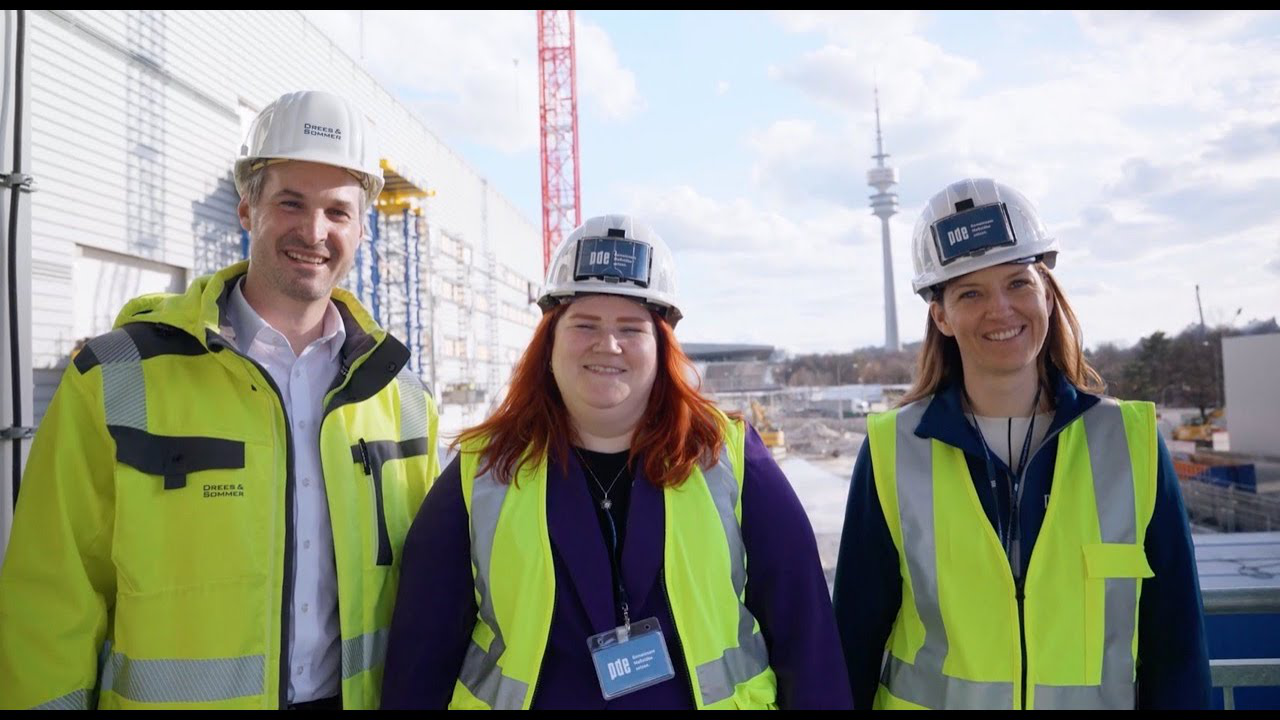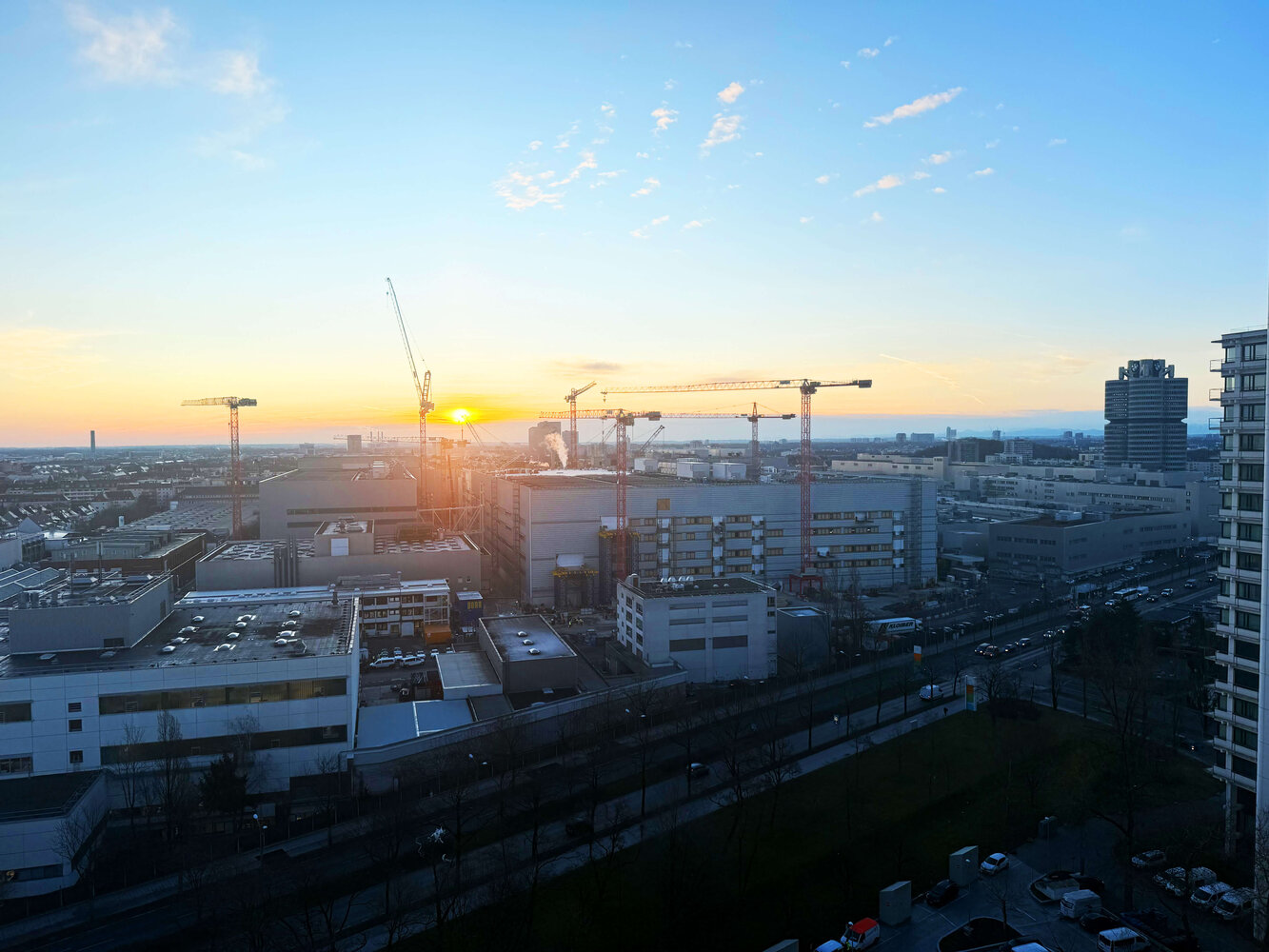Remodelling of the BMW Group Plant Munich
The BMW Group's main plant in Munich, which produces around 1,000 vehicles a day and employs around 6,500 people, is the origin of the BMW Group's global production network. Production of the new, all-electric ‘New Class’ vehicle architecture will begin here from 2026.
Client
BMW Group
Service areas
General planning of service phases 3-5 incl. planning during construction; Work in the as-built model; Application of LEAN Design and LEAN Construction; BIM support; Construction logistics; Digital LEAN and schedule management through lcmd; Sustainability; Deconstruction planning; Detail planning
Location
Munich
pde period of service
04/2022 - 06/2026
Dimensions
TMO /TLO/ Seats & north span incl. noise protection measures: 185,000m² GFA
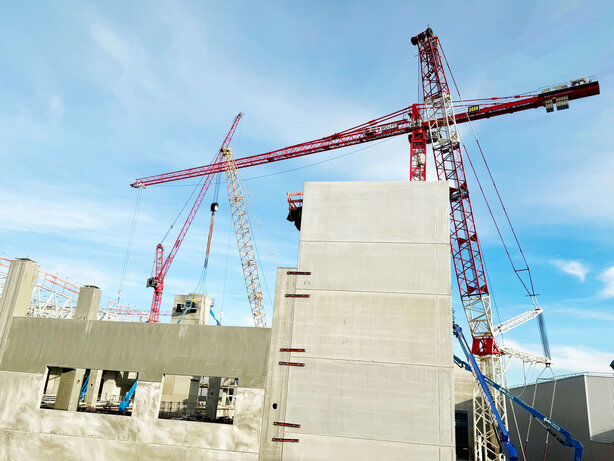
Extensive modernisation and conversion measures are currently being carried out to enable the production of this future generation of vehicles. As part of these measures, two new production buildings are being built, known as TMO (part assembly) and TLO (part logistics). These new buildings serve to optimise assembly and logistics processes and are part of the plant's strategic focus on the production of all-electric vehicles from 2027.
A special feature of this project is that production is spread over three floors due to the limited space available. The in-house seat production is also located in one of the new production buildings.
Conversion during ongoing operations and with a partnering model
The extensive remodelling of the plant is taking place parallel to ongoing operations. The so-called partnering model, also known as ‘general takeover in partnering’, is being used. The client, planner and construction company work together as partners right from the start. This shared responsibility enables more effective communication and increases the quality of such a complex project. The result is a transparent and collaborative working environment.
LEAN Construction Management
As pde Integrale Planung, we play a leading role in the project with many of our core competences. For example, LEAN Construction Management is used to organise planning and construction processes as precisely and efficiently as necessary. This allows all the trades involved to be optimally coordinated with each other. This leads to a well-timed construction process and a smoothly meshed overall process.
BIM: Planning using a digital twin
In addition, all buildings were planned using a digital twin (BIM - Building Information Modelling). All project participants work in a shared digital model in which all relevant information can be accessed centrally. Inconsistencies between planning statuses - such as collisions between components - are immediately visible in the model and can be rectified at an early stage. This avoids costly errors on the construction site. This digital planning significantly increases planning reliability and promotes close, coordinated collaboration between all parties involved.
Virtual planning therefore ensures maximum planning reliability and close collaboration between all those responsible. It is particularly important to emphasise at this point that not only was the future target state of the building modelled, but BIM models were also used during the demolition phase to depict the existing building. This was the only way to determine the expected quantities of demolition material and to calculate possible contaminated areas in advance. By allocating the pollutants, the quantities of the respective disposal classes could be determined and thus forecasts and schedules for disposal at the corresponding landfills could be created.
Sustainability criteria & ambitious schedule
BMW's internal requirements for sustainability criteria were also planned and coordinated, and implementation on the construction site was supported.
One of the biggest challenges was the extremely ambitious schedule set by the client, which had to be significantly tightened during the course of the project. This requirement was not only taken into account in the cycle planning, but also in the design and execution planning, which was continuously optimised to ensure a smooth construction process.
Meeting the demanding deadline targets can only be realised through the use of modern construction management methods and a transparent and structured execution model.
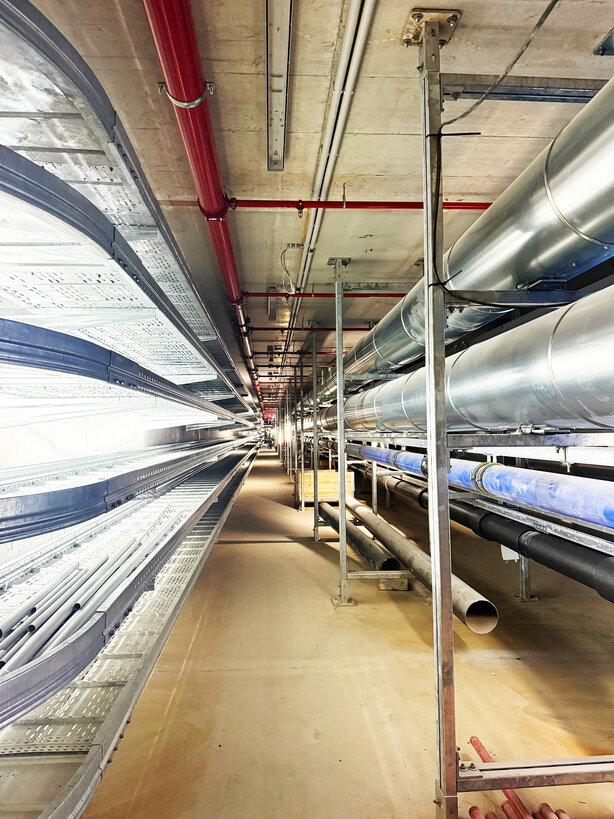
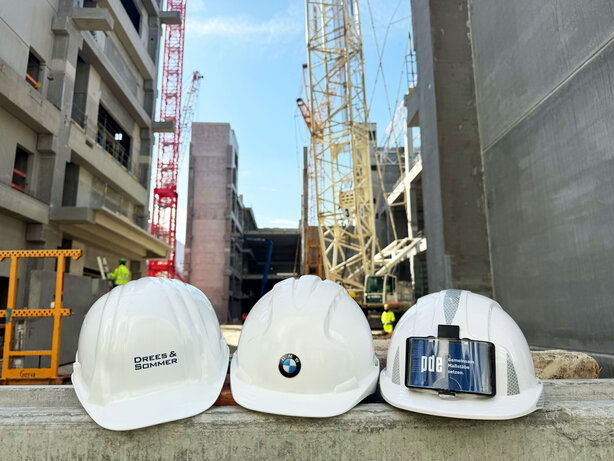
Special features:
- Transparent and cooperative working environment through the partnering model
- Interdisciplinary collaboration
- Optimised timing of the construction site and the overall process through the use of LEAN construction management
- With BIM management, all processes, products and participants are digitally networked. Virtual planning thus ensures maximum planning reliability.
- Optimised collaboration and simplified cooperation between all trades through the use of lcmd
Design and execution planning optimised for the construction process
